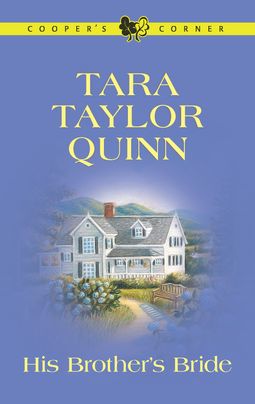

Never didactic, Campion constructs the film around the power dynamic central to patriarchal rule: the binary, which requires the oppression of all women and the repression of the feminine within all men. But if Hitchcock’s rendering of horror ( Psycho) and romance ( Vertigo) depict the perversions of certain men who are uncertain of their identity, The Power of the Dog goes further, defining patriarchy as the collective monster that twists and cripples the lives of everyone in its grasp. Something in the words and the timbre of Peter’s voice instantly called up a memory of Psycho’s Norman Bates and his affectless “A boy’s best friend is his mother,” an association confirmed by the first sight of Codi-tall and skinny, with gestures that are blatantly femme, or in the lingo of the times (1925), a Nancy boy.

“FOR WHAT KIND OF MAN would I be if I didn’t help my mother, if I didn’t save her?” Jane Campion’s unsparing The Power of the Dog opens with this question, spoken in voice-over by teenaged Peter Gordon (Kodi Smit-McPhee), one in the film’s principal-character quartet. Jane Campion, The Power of the Dog, 2021, DCP, color, sound, 127 minutes.


 0 kommentar(er)
0 kommentar(er)
